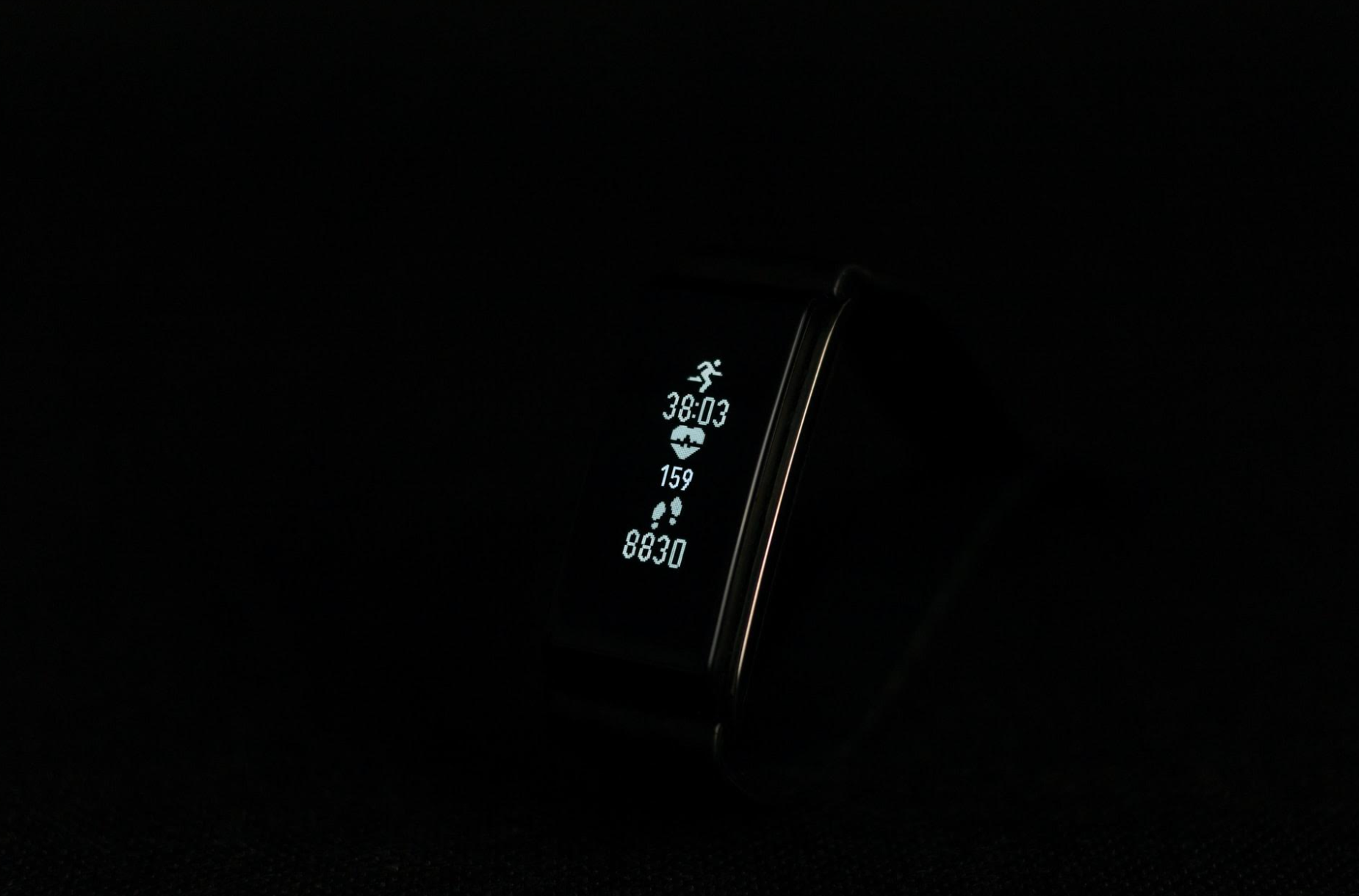One way or another, data has always played a central role in healthcare. Even as long ago as 1600 BC, ancient Egyptian physicians were recording illness and disease on papyrus. Doctors have been cramming paper records into filing cabinets pretty much ever since! Over the last 30 years, medical documents have been gradually digitized, and we’re seeing the last days of typed and handwritten records. The amount of information now held on computer systems has grown enormous, and the challenge is become how to manage it, and use it. As new advances are made in applications and software, we are now entering the age of “big data”, where all these facts and stats can finally be unlocked, analyzed, and utlilized. Big data is going to transform industry as we know it – and healthcare will be no different. Here are 4 of the incredible ways big data will change healthcare forever.
Table of Contents
Early Diagnoses & Predictions
Disease has broadly been diagnosed along the following lines: a doctor examines a patient and talks to them about their symptoms. They’ll then use their knowledge to make a diagnosis, and either suggest a treatment, consult a colleague or pass into the hands of a specialist. It’s a time-consuming process and unfortunately doesn’t always end with a correct solution. Big data will sweep much of this away; in the near future patient data can be fed into an algorithm that will make more accurate diagnoses and design a truly personalized course of action. Diseases will be identified earlier, treatment will be faster and more relevant, and outcomes will improve. On a much wider scale, big data will allow accurate analytically modeling to predict the course of diseases and viruses. Prevention is always better than cure!
Health Monitoring
Health systems across the globe are under more pressure than ever, with physicians generally having far more patients than they realistically keep track of. Keeping them all healthy and out of hospitals is the best-case scenario for any doctor. Big data technology offers the smartest route to this key healthcare goal, opening up the possibility of real-time patient monitoring, with results analyzed and interpreted by algorithm. Our smartphones already have a pile of apps that can record our health data – heart rates, diet, temperature, blood pressure et al. And these innovative apps are hugely popular. Big data will allow these apps (and other “wearable” technology) to keep a constant track on our wellness and seamlessly communicate the stream of data to health providers, where any worrying or unusual results are then picked up at the earliest possible stage and dealt with promptly.
Organizational Benefits
Healthcare systems are comprised of three elements: the healthcare professionals, the facilities used and the underlying organization that keeps the first two elements functioning. Big data will revolutionize the management of health institutions. Financial management in healthcare is complex due to the highly variable levels of demand and heavy levels of data. Big data analysis systems can automatically monitor incoming and outgoing funds, eliminate errors and save money. They can also allow organizations to staff their departments more intelligently and also identify training needs. Electronic Health Records (EHRs) mean patient information will be instantly accessible (with paperwork eliminated) and that data will allow medical professionals to identify illness earlier, keeping the costs of treating advanced disease to a minimum. EHRs are a critical building block of big data in a health organization – but moving to the required systems can be expensive. However, electronic health records costs can be minimized by working with an expert, outsourced provider.
Research
Healthcare systems are going to come under increasing pressure in the coming years. Not only are people living longer, but it is also likely that we will have more pandemics and outbreaks to deal with. There is also the anti-biotics timebomb – many experts say we are at the dawn of the post-antibiotic era, where superbugs become resistant to drug treatments. The development of new drugs will perhaps be the paramount concern of healthcare organizations in the years to come. Big data will play a critical role in designing the drugs of the future. Drug research is traditionally a long process, with numerous rounds of testing required before the product gets anywhere near the prescription stage. Big data algorithms will speed the process hugely, allowing modeling to take place instead of experiments. Big data will also be used to pinpoint regional health issues and perform rapid predictive analyses, allowing preventative measures to be adopted. Finally, information collected worldwide will be interrogated by algorithms to expose patterns and devise the best treatments for illnesses such as cancer and AIDS.


